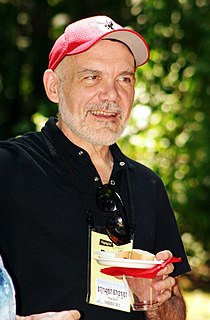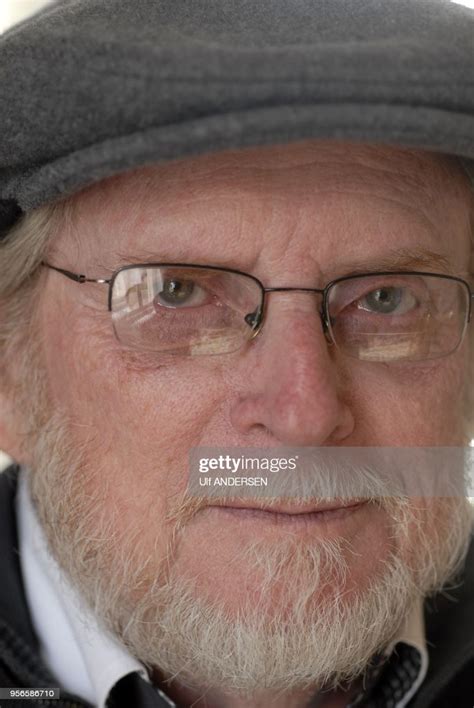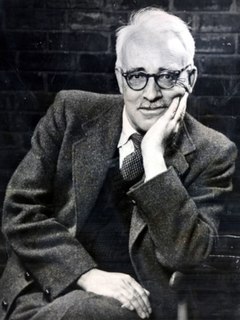A Quote by Samantha Hunt
My father thought a novel was a broken short story. There's something to that. Many of my favorite novels are novellas. The authors of brief things must reckon with the precision of language.
Related Quotes
The difference does not lie in the things that news does that novels do not do, but in the things that novels do that news cannot do. In other words, this basic technique of news - just one among many - is something a novel can use, but a novel can deploy a multitude of other techniques also. Novels are not bound by the rules of reportage. Far from it. They're predicated on delivering experience.
The short story is at an advantage over the novel, and can claim its nearer kinship to poetry, because it must be more concentrated, can be more visionary, and is not weighed down (as the novel is bound to be) by facts, explanation, or analysis. I do not mean to say that the short story is by any means exempt from the laws of narrative: it must observe them, but on its own terms.
A novel is like a long relationship and a short story is a brief one that lingers - it lingers powerfully and maybe more powerfully. I think that's true in a lot of cases, most long-term relationships compared to some of the briefer ones - the intensity of those brief ones that end, I think a short story is kind of like that. There's a certain level of intensity that I think is different.
One easy mistake to make with the first novel is to expand the short story. Some things are better as a story; you cannot dilute things into a novel. I think the first hundred pages of a novel are very important. That's where you set things up: the world, the characters. Once you've set that up, it'll be much easier.
Why do I like to write short stories? Well, I certainly didn't intend to. I was going to write a novel. And still! I still come up with ideas for novels. And I even start novels. But something happens to them. They break up. I look at what I really want to do with the material, and it never turns out to be a novel.
I do not share the pessimism of the age about the novel. They are one of our greatest spiritual, aesthetic and intellectual inventions. As a species it is story that distinguishes us, and one of the supreme expressions of story is the novel. Novels are not content. Nor are they are a mirror to life or an explanation of life or a guide to life. Novels are life, or they are nothing.
One of my favorite literary theorists, Mikhail Bakhtin, wrote that the defining characteristic of the novel is its unprecedented level of "heteroglossia" - the way it brings together so many different registers of language. He doesn't mean national languages, but rather the sublanguages we all navigate between every day: high language, low language, everything. I think there's something really powerful about the idea of the novel as a space that can bring all these languages together - not just aggregate them, like the Internet is so good at doing, but bring them into a dialogue.







































